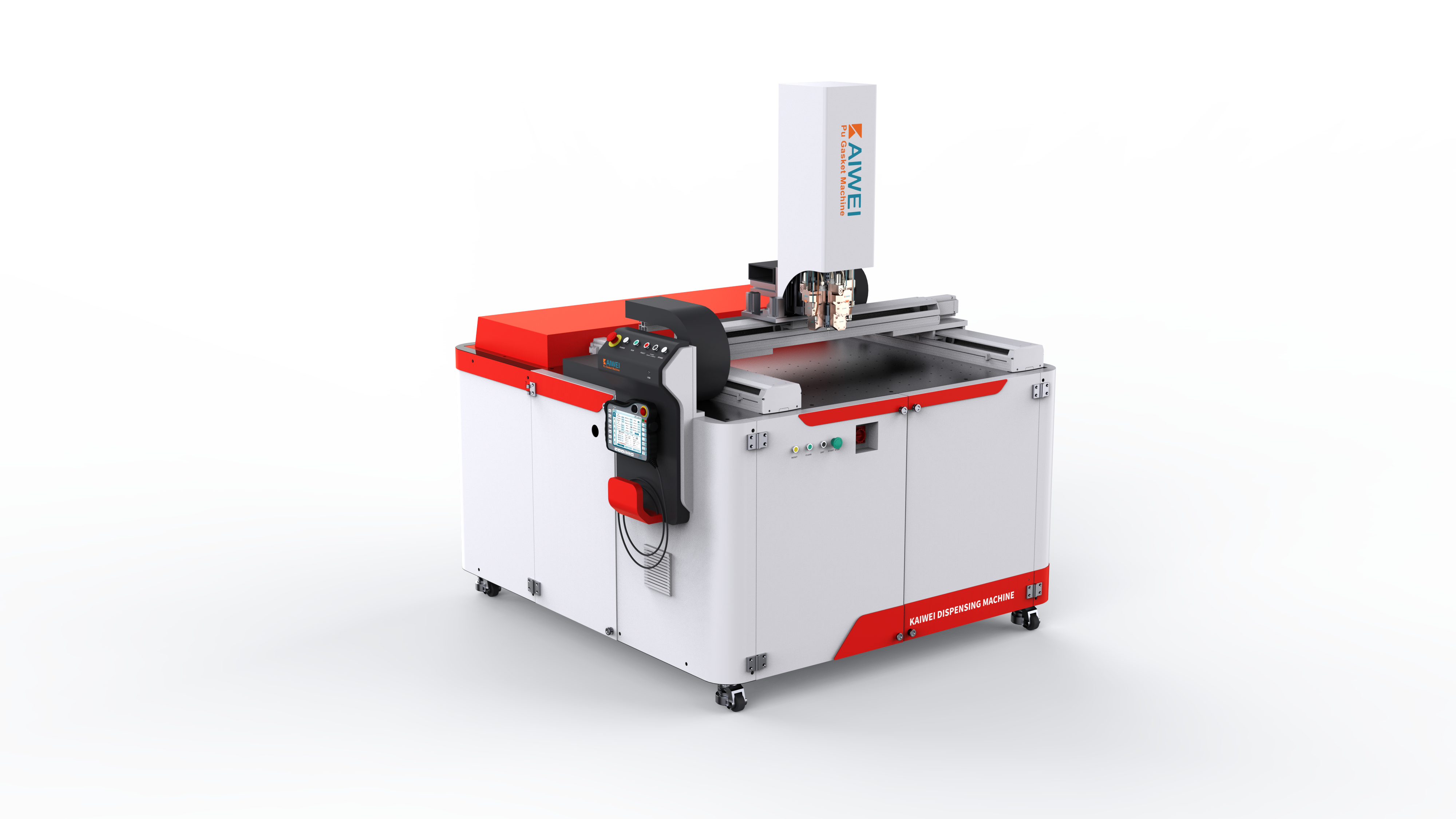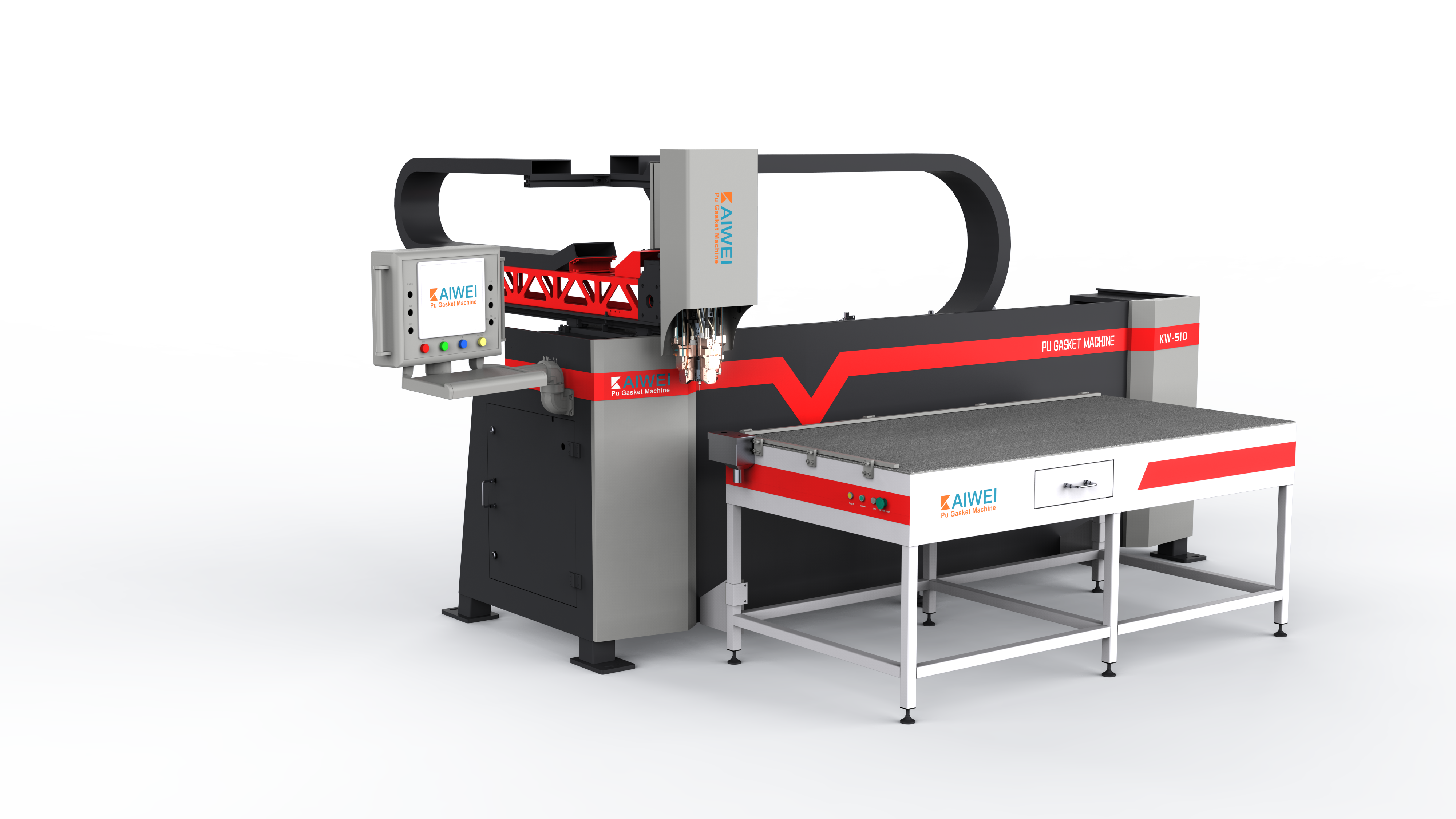Maximizing Efficiency Through Foam Sealing Solutions
In today’s highly competitive manufacturing environment, operational efficiency and product consistency are essential. One of the tools that has significantly improved production capabilities in various sectors is the foam sealing machine. These machines automate the application of foam seals on a wide variety of surfaces, offering reliable sealing solutions in industries such as automotive, electronics, HVAC, packaging, and consumer goods. As manufacturers continue to demand higher productivity, better protection, and reduced labor costs, the foam sealing machine stands out as an indispensable piece of equipment.
Key Considerations When Choosing a Foam Sealing Machine
Matching Machine Specifications to Your Product Requirements
Foam sealing machines come in different configurations to suit varying production needs. Before selecting a specific model, it’s crucial to assess your product dimensions, the materials involved, and the type of seal required. Some machines are best for flat surfaces, while others are equipped to handle irregular shapes or 3D components. The foam sealing machine you choose must be able to deliver precision and consistency across your product line.
Understanding the Types of Foam Sealing Materials
Different applications require different types of foam materials. Whether using polyurethane foam, silicone foam, or other gasket materials, the compatibility between your foam sealing machine and the chosen material is essential. A mismatch can lead to inefficient seals, waste, and potential product failures. Choosing a machine that supports multiple material options adds flexibility to your manufacturing process.
Evaluating Production Scale and Operational Demands
Assessing Daily Output Requirements
The volume of production directly influences the type of foam sealing machine you need. High-speed automated machines are ideal for large-scale production environments, while semi-automatic machines may suffice for smaller operations. Consider the machine’s cycle time, throughput, and downtime needs to ensure alignment with your daily output expectations.
Planning for Future Growth
Scalability is a key factor in long-term equipment investment. As your business grows, your foam sealing machine should be able to adapt to increased demand. Opting for a modular system or a machine that supports upgrades can save costs down the line. Avoid the limitations of short-term solutions by investing in equipment that grows with your production goals.
Machine Automation and Control Features
Benefits of CNC and Automated Control Systems
Modern foam sealing machines come equipped with advanced CNC systems and software control, offering high precision and repeatability. Automation reduces human error, shortens training times, and ensures uniform application of foam seals. A foam sealing machine with a user-friendly interface and programmable features makes operation more intuitive and efficient.
Importance of Real-Time Monitoring and Diagnostics
Machines with real-time monitoring and diagnostic capabilities can help identify issues before they affect output. Pressure sensors, material level indicators, and application tracking allow operators to make adjustments on the fly. These features ensure your foam sealing machine remains efficient, reducing downtime and maintenance costs.
Compatibility With Various Applications
Automotive Industry Use Cases
The automotive sector demands high-performance seals that can withstand temperature changes, vibrations, and exposure to fluids. Foam sealing machines in this sector must apply gaskets with high accuracy to ensure the integrity of engine compartments, doors, lighting systems, and electronic control units.
Electronics and Electrical Enclosures
Foam sealing machines are widely used in electronics manufacturing for their ability to create dust-proof and waterproof seals. They are crucial in the assembly of LED lights, junction boxes, and sensors. The ability to produce uniform sealing beads protects sensitive components and extends product lifespan.
Material Handling and Integration With Production Lines
Enhancing Workflow Through System Integration
Seamless integration of the foam sealing machine into your existing production line reduces manual handling and increases throughput. Machines that are compatible with conveyor systems, robotic arms, and vision systems offer enhanced automation. By connecting with upstream and downstream processes, the foam sealing machine becomes part of a smart production environment.
Importance of Material Feeding and Refilling Efficiency
Material handling is another key factor in foam seal application. A foam sealing machine that supports easy material refilling, low-waste dispensing, and minimal changeover times enhances overall efficiency. Some machines are equipped with automated refilling systems to minimize manual intervention and maintain continuous production.

Maintenance and Total Cost of Ownership
Routine Maintenance and Downtime Considerations
A reliable foam sealing machine requires routine maintenance to operate at peak performance. Look for machines that offer easy access to key components and require minimal service interventions. Preventive maintenance schedules and self-cleaning functions can significantly reduce downtime and maintenance costs.
Long-Term Investment Value
When evaluating cost, it’s important to look beyond the initial purchase price. Consider energy consumption, spare parts availability, software updates, and warranty support. A well-built foam sealing machine can offer years of reliable performance, making it a worthwhile long-term investment for your production line.
Environmental and Safety Considerations
Compliance With Environmental Standards
Modern foam sealing machines are designed with environmental sustainability in mind. Low-emission operation, efficient material usage, and waste reduction features contribute to a greener production process. Machines that comply with ISO and other environmental standards help companies meet their regulatory obligations and sustainability goals.
Operator Safety Features
Operator safety is a critical consideration. Foam sealing machines equipped with safety guards, emergency stop functions, and real-time monitoring help protect users during operation. Additionally, systems that reduce noise, odor, and exposure to chemicals make the production environment more comfortable and compliant with workplace safety regulations.
Customization Options and Machine Versatility
Adapting to Unique Product Designs
Every manufacturing process has its unique challenges. A versatile foam sealing machine allows for easy customization of bead width, application patterns, and cycle times. This flexibility is especially important when dealing with short production runs or custom product lines. Machines that offer interchangeable heads or multi-axis systems provide added adaptability.
Multi-Component Dispensing Capabilities
Some foam sealing applications require multi-component material dispensing. Foam sealing machines with dual-component mixing systems ensure the right ratio and consistent application of complex sealing materials. This feature is particularly useful in specialized industries such as aerospace or high-end electronics manufacturing.
Selecting a Reliable Supplier and Technical Support
Importance of After-Sales Service and Training
Choosing a foam sealing machine supplier with strong technical support and training services can make a significant difference. Comprehensive user training ensures your team operates the equipment correctly and efficiently. Timely customer service and access to technical documentation reduce operational delays.
Ensuring Long-Term Availability of Spare Parts
A dependable supplier will offer a full range of spare parts and maintenance kits for the foam sealing machines they provide. Ensuring that components are readily available minimizes the risk of extended downtime and production delays. Support from the supplier throughout the machine's lifecycle enhances overall reliability.
Final Thoughts on Making the Right Decision
Selecting the right foam sealing machine is a strategic decision that can influence the productivity, reliability, and scalability of your manufacturing process. By assessing your application needs, output goals, automation requirements, and long-term maintenance expectations, you can identify a solution that aligns with your operational objectives. A well-chosen foam sealing machine delivers consistent performance, reduced waste, and streamlined production that supports your business growth.
Frequently Asked Questions
What industries benefit the most from using a foam sealing machine?
Industries such as automotive, electronics, HVAC, packaging, and lighting benefit significantly from foam sealing machines due to their need for precise and durable sealing solutions.
How long does it take to set up a foam sealing machine?
Setup time depends on the complexity of the machine and your production environment. Most modern machines can be configured within a few hours to a few days with proper technical support.
Can a foam sealing machine handle different foam materials?
Yes, many foam sealing machines are compatible with various materials like polyurethane, silicone, and epoxy. It's important to verify compatibility with your chosen foam type before purchase.
Is it possible to integrate a foam sealing machine into an existing automated line?
Absolutely. Most foam sealing machines are designed to integrate seamlessly with robotic arms, conveyor belts, and other automation systems, making them suitable for smart manufacturing environments.
Table of Contents
- Maximizing Efficiency Through Foam Sealing Solutions
- Key Considerations When Choosing a Foam Sealing Machine
- Evaluating Production Scale and Operational Demands
- Machine Automation and Control Features
- Compatibility With Various Applications
- Material Handling and Integration With Production Lines
- Maintenance and Total Cost of Ownership
- Environmental and Safety Considerations
- Customization Options and Machine Versatility
- Selecting a Reliable Supplier and Technical Support
- Final Thoughts on Making the Right Decision
- Frequently Asked Questions

